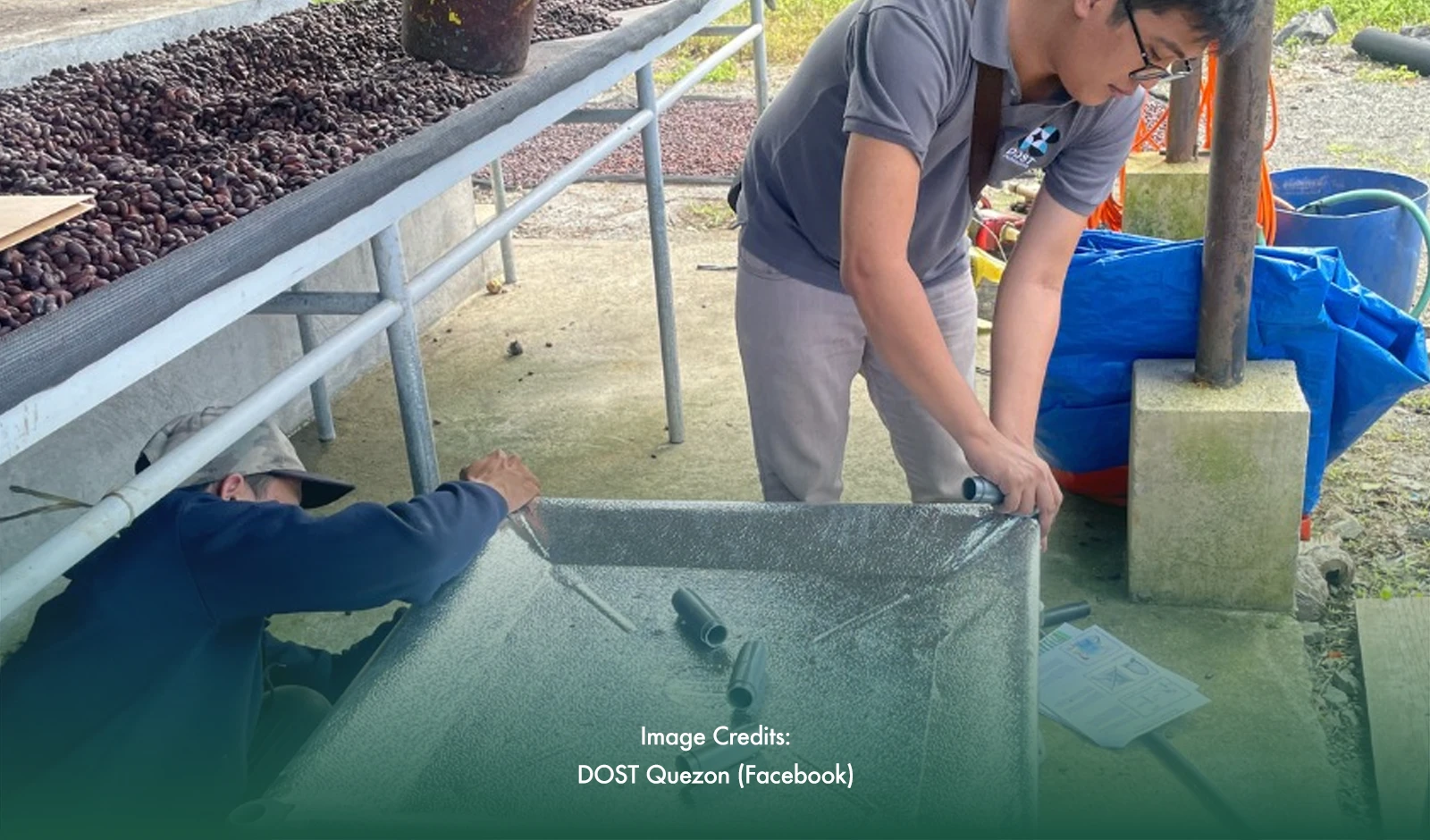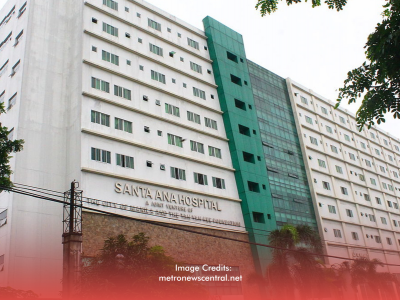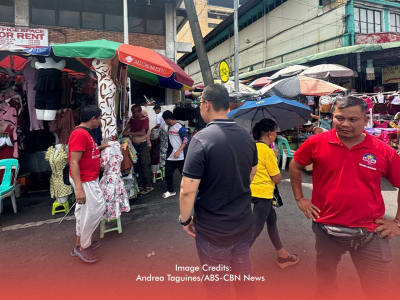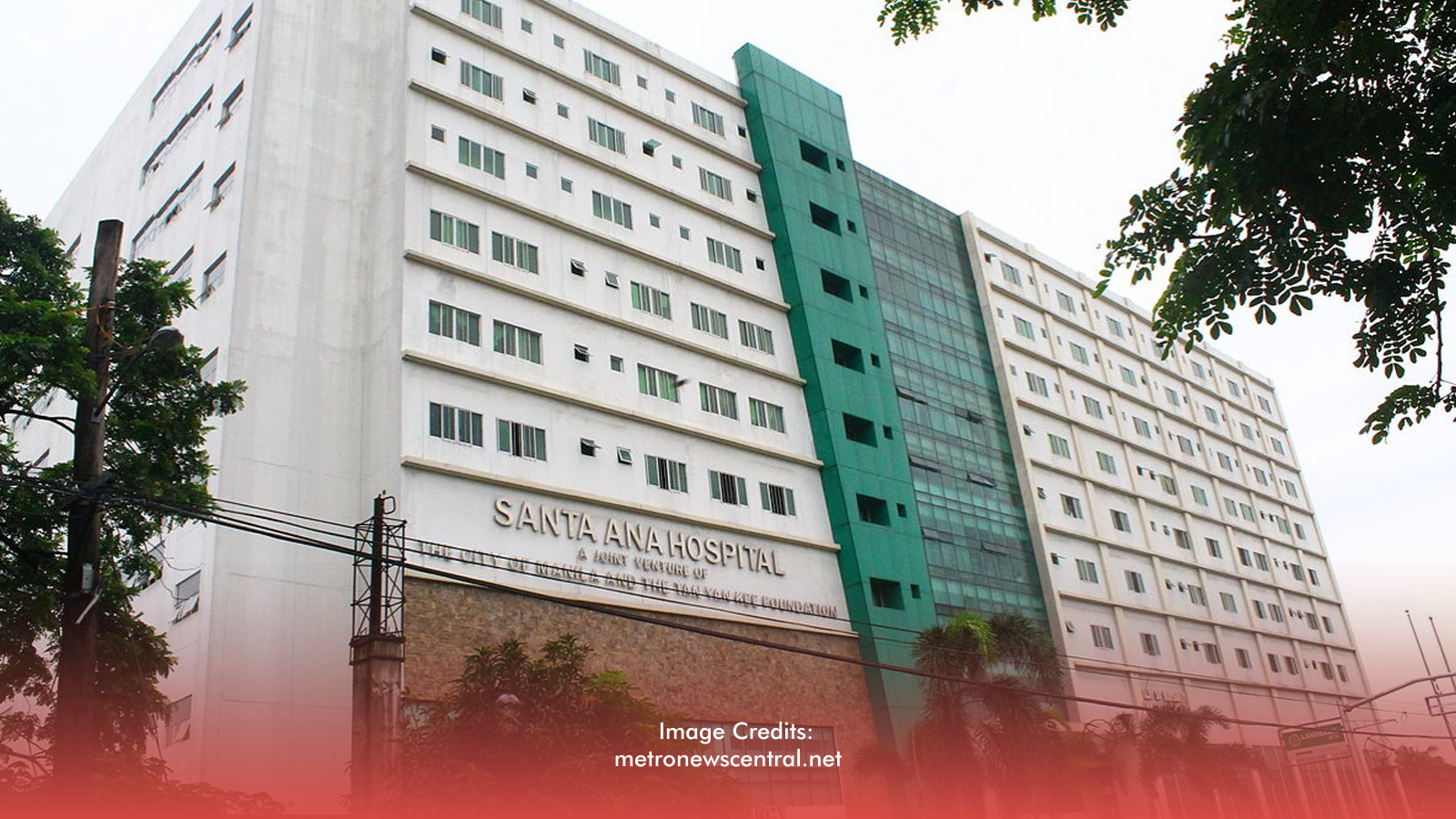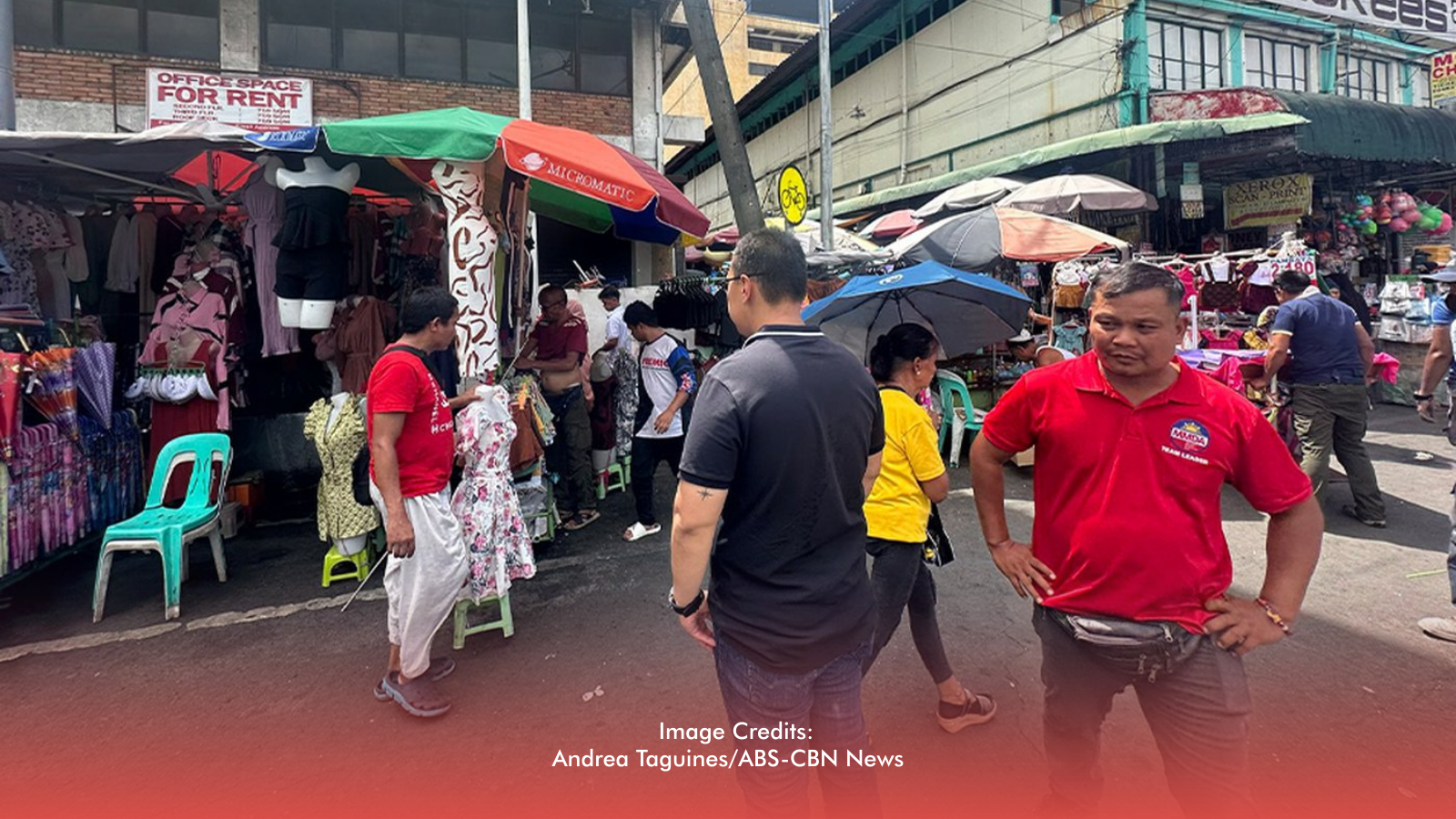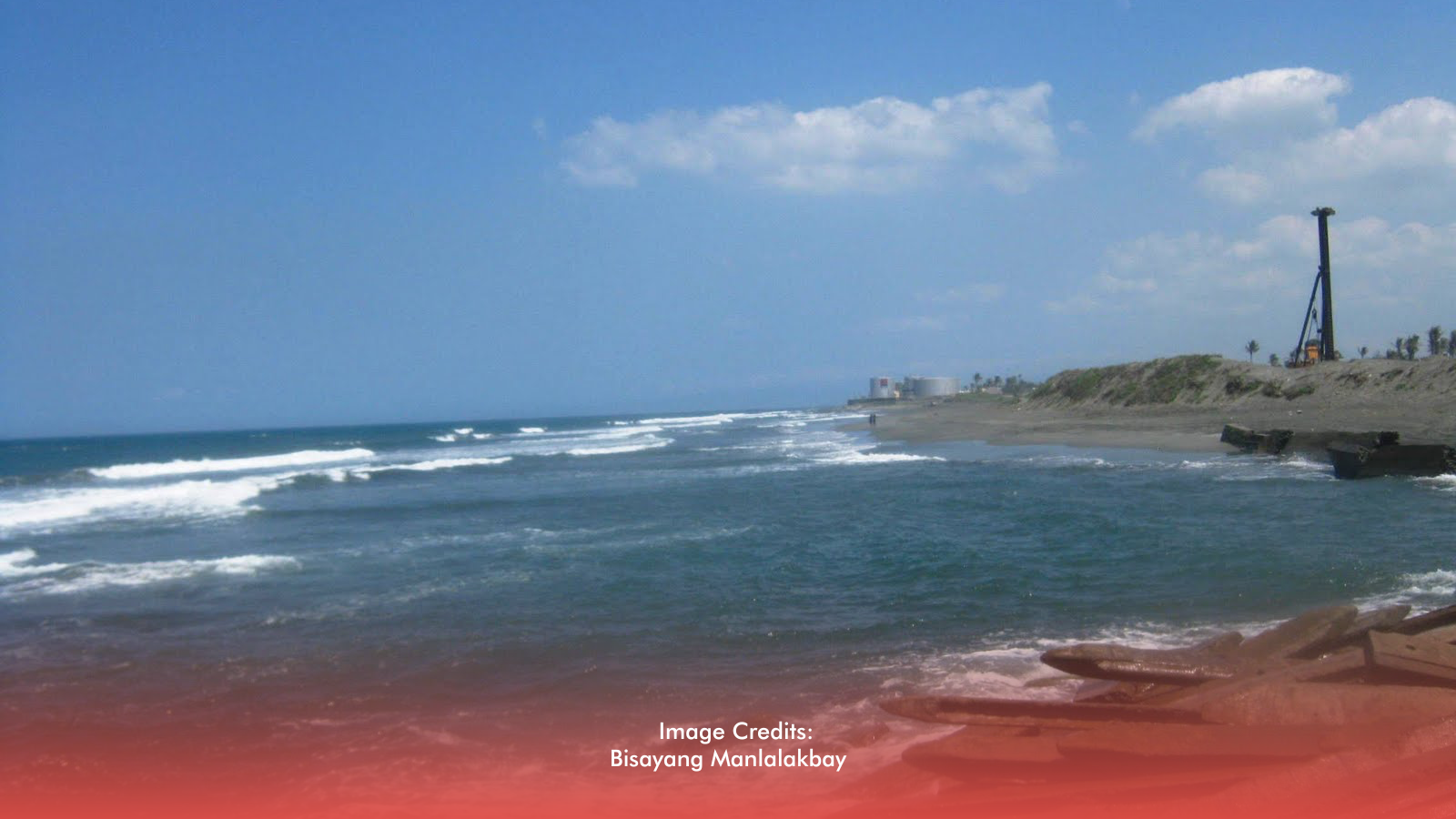The Samahan sa Industriya ng Cacao na Pangkabuhayan (SICAP) Quezon Agricultural Cooperative has received 20 units of multipurpose solar speed drying trays, called Portasol, from the Department of Science and Technology (DOST) to increase local farmers' output by improving their cacao drying efficiency.
Cacao has the potential to be a high-value crop that supports regional economic development, according to the DOST.
Boosting cacao production
More than 1,700 kg of dried fermented cacao beans are currently produced by SICAP, a cooperative that represents cacao producers in 38 towns and two cities in Quezon province.
Through this project, the group hopes to improve the livelihoods of its members and acknowledges that the production of cacao is a major contributor to economic progress.
DOST supplied the Portasol machines, which have a pyramid roof rack, protective cowl, and tiered trays to help SICAP achieve its objectives. The purpose of these features is to maximize the drying process for cocoa beans.
This cutting-edge technology has a number of benefits. Even in adverse weather conditions, it speeds up production by cutting down on drying time. By avoiding mildew, rot, and pest infestations—issues frequently linked to conventional drying techniques—it also reduces spoiling.
Sustainable design
The cocoa beans are shielded from impurities like road dust by the Portasol devices, which enhances their quality. The multi-level stacking design of the units further streamlines the post-harvest process for farmers by increasing storage efficiency.
DOST promotes regional economic development by investing in these cutting-edge drying technologies, which help the cocoa industry in Quezon province expand and flourish overall.

